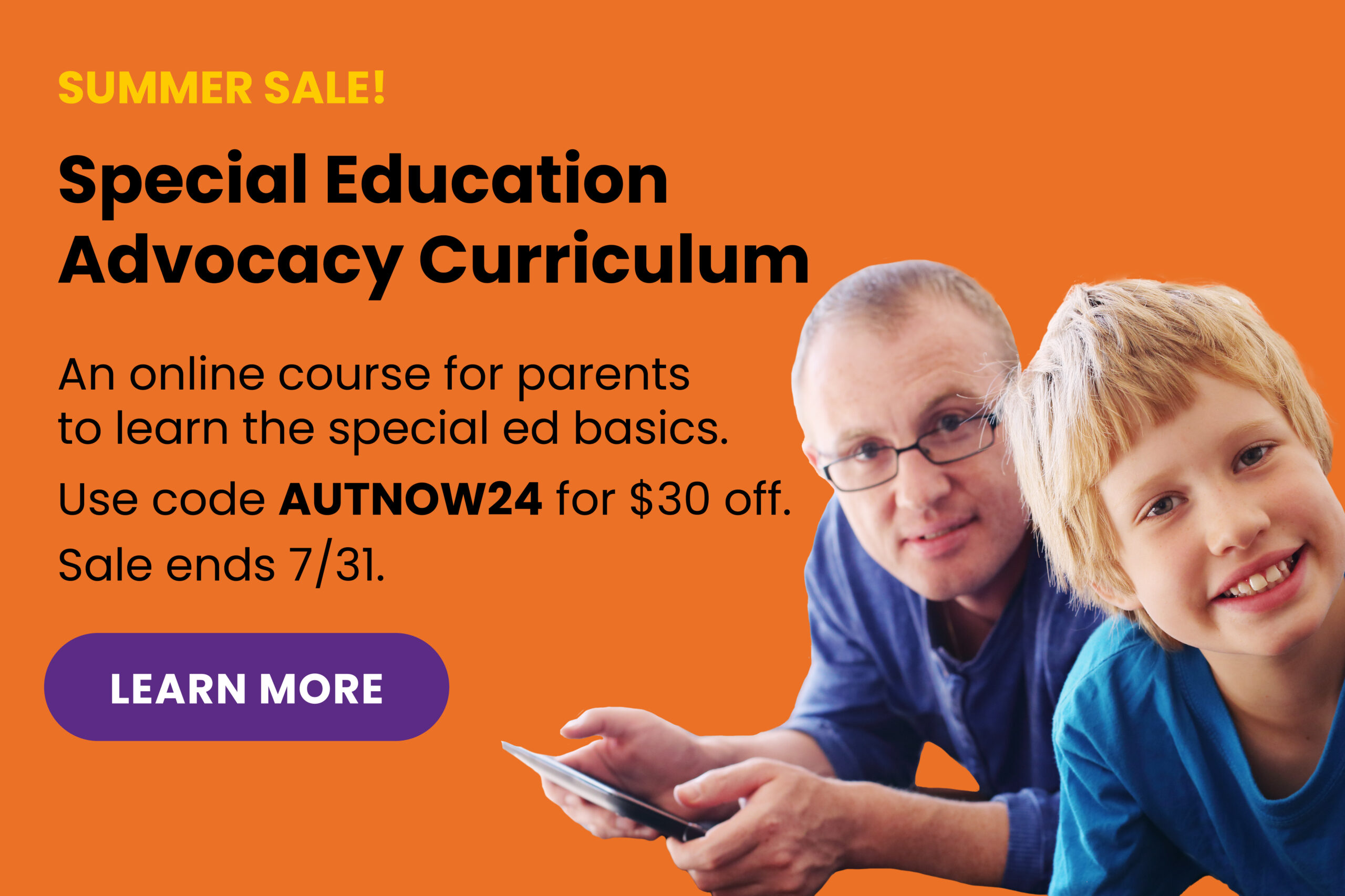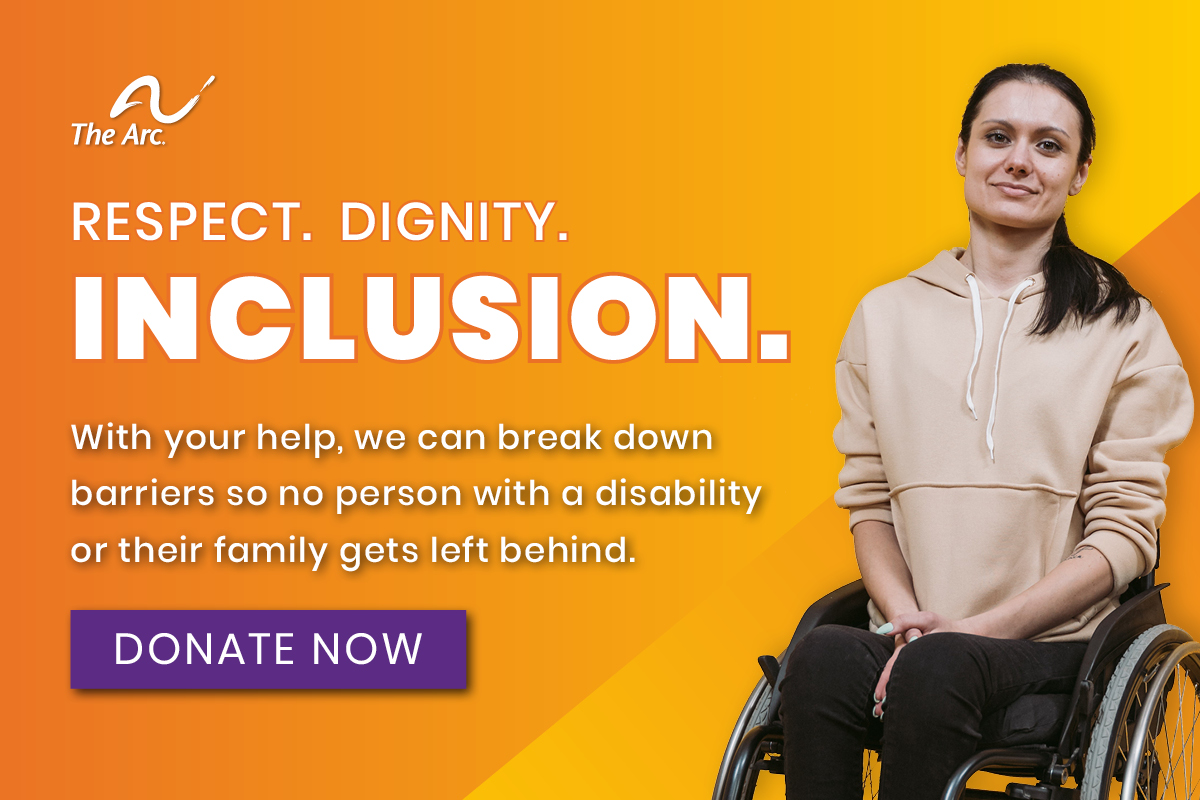Contents
- Introduction
- What is Sexuality?
- What are Common Myths About People with Disabilities and Sexuality?
- What Barriers do People with Disabilities Face in Expressing their Sexuality?
- Why is Sexuality Education Important for People with Disabilities?
- What Can I Do to Get Ready to Talk About Sexuality with my Son or Daughter?
- What are Tips for Talking to your Son or Daughter About Sex?
- What Does it Mean to be Sexually Healthy?
- Where Can I Go for More Information?
For Parents: Helping and Supporting Your Son or Daughter to Express their Sexuality
Having a relationship is really about true inclusion. What do we mean by true inclusion? The first things that come to mind are working in the community or taking typical classes in school. Our definition of true inclusion goes beyond that. When fully included, your son or daughter will have relationships with other people. There are different types of relationships. For example, having friends is essential because your child needs someone else to talk to, and do fun things with. You want your child to be liked for who they really are! This is also a great way to learn the basics about having a healthy relationship. Beyond friendships, there are many other kinds of relationships. Examples might include having a boyfriend/girlfriend/partner, getting married, and having a family of your own.
This may make you feel a little bit nervous. It is a common feeling that almost all parents have, so it is totally understandable. Looking ahead, you need to prepare yourself for your child growing up. Over time, parents get older and eventually may not be able to take care of their sons or daughters who are now grown up. Persons with disabilities need to discover what independence is to them, which can mean lots of opportunities to look into. For example, one person with a disability may like to move out of their parent’s house into a shared living situation. Another person may desire living on their own. Others may have goals of living with housemates, a partner or a spouse. Your son or daughter may have no problem living at home, but still wants a “significant other” in their life. What really is important is self-determination among persons with disabilities!
What is sexuality?
- Sexuality is more than what we do with our bodies
- It’s about our thoughts, feelings and emotions about being a man or a woman.
- It’s about intimacy and feeling connected.
- It’s about relationships: how we relate to others and how others relate to us
- It’s about how we feel about ourselves and others.
What Barriers do People with Disabilities Face in Expressing their Sexuality?
- Socially Isolated: People may not have enough support or opportunities to seek out, establish and maintain relationships. Lack of Privacy: People are too often limited or restricted from the privacy they need to express their sexuality. It can feel like somebody (staff person, parent or guardian) is always watching. Type of Disability: People may lack accommodations specific to their disability that would support them to express their sexuality.
- At Risk to Sexual Abuse: People often don’t learn how to protect themselves because many are sheltered and treated like children. People have not learned about healthy sexuality, and affectionate and appropriate touch. Many people just do what they are told. This can make a person more at risk to abuse.
- Not Allowed to Make Mistakes: Sometimes people with disabilities are held to higher standards than others. There is no room to make mistakes. Good intentions to protect a son or daughter with a disability can get in the way of living a real life.
Why is Sexuality Education Important for People with Disabilities?
- It normalizes sexuality and establishes a pattern of communication.
- A person may be frightened or confused by what they hear and see on television, movies or on the internet. People need information that is direct, and accessible enough for them to understand while learning about this topic.
- Knowing about our bodies and how they work can increase confidence and disability pride.
- A person who is socially isolated may not have enough opportunities to observe, develop and practice social skills.
- For people that have difficulty reading, the internet as well as books can be a challenge.
- Many people with disabilities don’t have a lot of friends, or the friends they have may not provide them with accurate information.
- Research shows that teenagers who talk to their parents about sexuality are more likely to wait to have sex. They will also make safer and healthier decisions when they begin to be sexually active.
- The risk for sexual abuse and exploitation is much higher for people with disabilities. If a person needs assistance, many different people may have access to their homes and bodies. It can be difficult to give consent or say “No! Stop!” if a person does not talk much or cannot run from or resist their abuser. One of the most important ways you can protect your son or daughter is to teach them how to recognize healthy and unhealthy relationships and to know what to say and what to do in abusive situations.
What Can I do to Get Ready to Talk About Sexuality with My Son or Daughter?
As a parent we recommend you begin by thinking about and clarifying your values. Many schools provide sexuality education, but your son or daughter needs more than just the facts. It is important for parents to talk about your feelings, beliefs and values about sexuality.
Be open to what they may ask you. Sharing your values will be a starting place for your son or daughter to begin to form their own values.
What are Tips for Talking to Your Son or Daughter About Sex?
(These tips were written by Katherine McLaughlin).
- Take advantage of “teachable moments.” The best way to start a discussion is to take advantage of “teachable moments,” those everyday events that provide a perfect opening. If a family member is pregnant, talk about it with your son or daughter. When you’re with your son or daughter watching a television show or listening to music on the car radio, figure out if the contents might spark a conversation about sexuality. Avoid the direct, head-on approach. If you ask a person with a disability if they want to talk about sexuality, they will probably say, “NO!”
- Simplify your responses. When answering questions, less is better than more. Begin with the simplest explanation and move to a more complicated one if a person continues to be interested or ask questions.
- Be patient. Concepts will need to be covered more than once. Skills will probably not be learned after one practice session. Expect a person with a disability to ask the same questions again and again.
- Be concrete. Use anatomically correct dolls, three-dimensional models, drawings, photographs, and videos.
- Provide for practice in a safe setting. Some skills may be easy to break down into smaller steps, while others will present a greater challenge. For example, it may be fairly easy to teach a person with a disability how to use a condom correctly, but it may be much harder teaching a person how to ask a partner to use a condom and what to do if the partner refuses.
- Sessions should be short. When the eyes start to glaze over, you’ve already gone on for too long.
- There’s nothing wrong with being embarrassed, and there’s nothing wrong with telling your son or daughter that you’re embarrassed. This helps to make it clear to the person that the embarrassment belongs to you and not to them or the topic.
- Let a book say the embarrassing stuff. That way, you and your son or daughter are a team, confronting and reacting to all of the embarrassing things being said in the book.
- You don’t need to know the answer to every question. If you don’t know an answer, you and your son or daughter can hunt for it together. Make use of local resources – libraries, doctors, nurses, schools, provider agencies, etc.
- If you’re thrown by a question, you have the right to answer it later. Sometimes a person with a disability poses questions that we’d like to answer, but we may be so taken aback that we don’t know quite how to respond. It’s perfectly okay to say, “I’d like to answer that question, but first I need to think about what I want to say.” Just make sure you answer the question later.
- You have the right to pass on personal questions. One way to help your son or daughter develop their own privacy standards is for them to see that you also have your limits.
- Watch your body language. Your words and body language should be giving the same messages. Don’t grimace when you’re saying, “What a great question!”
- Each time you respond in a way that helps your son or daughter learn concretely and positively, it will get easier for you. Try imagining the hardest question a person could throw your way and practice answering it.
- Let your son or daughter “overhear” conversations. A person with a disability may be too embarrassed to discuss sexual topics, but they may not mind hearing family members discussing them.
- Ask your daughter or son for their opinion. Their self-respect begins with your consideration.
What Does it Mean to be Sexually Healthy?
- Knows body parts (and the right names for them), how they work, and how to take care of them
- Knows that sexual feelings are healthy and normal
- Knows the choices you have about what to do with your sexual feelings
- Knows about sexual pleasure and orgasm
- Knows the different sexual acts and how you feel about them
- Knows which sexual acts could cause a pregnancy or getting a sexually transmitted infection
- Knows how to be responsible with sex q Knows how to make decisions about sex and sexuality
- Knows how to communicate about sexuality and relationships
- Knows that you are a sexual being and deserve information about sexuality
- Knows that you have the right to ask questions about sexuality
- Knows your sexual rights
- Knows how and when to respect someone else’s boundaries.
Where Can I Go for More Information?
Begin by exploring other pages on this website describing issues and resources related to sexuality. Start with our article on sexuality resources, which include links to general information some parents have useful. Note: Most of these resources can be found using search engines such as google.com. Many can also be found at amazon.com. Also, check your local bookstore or library.



